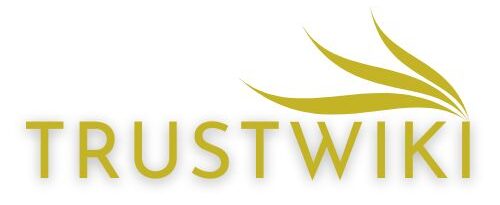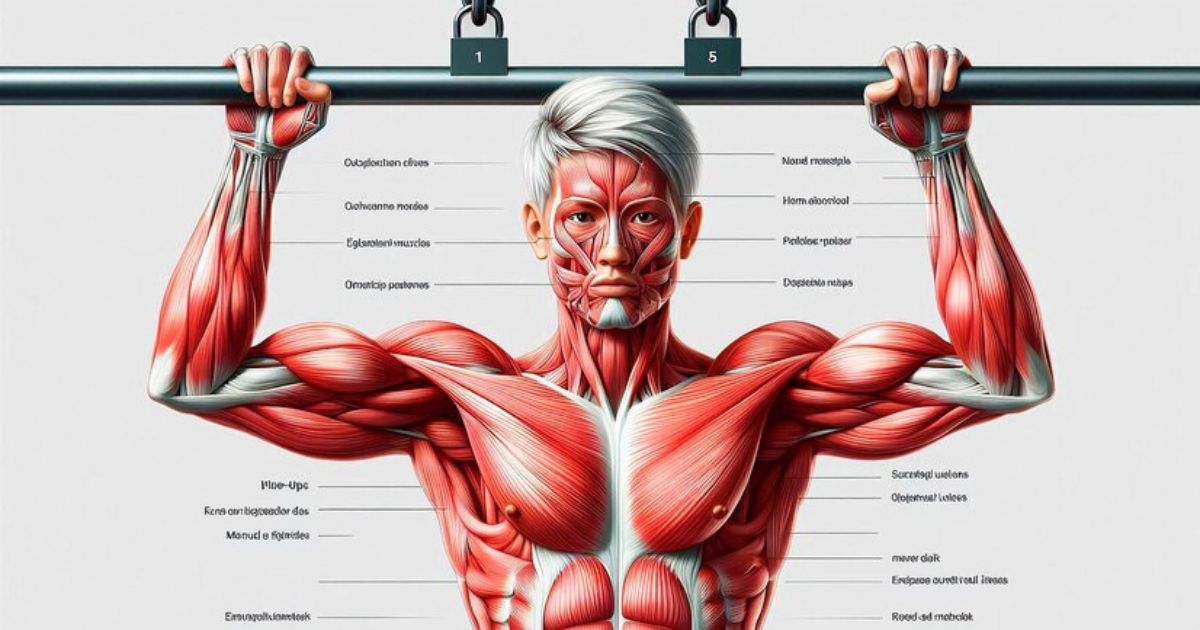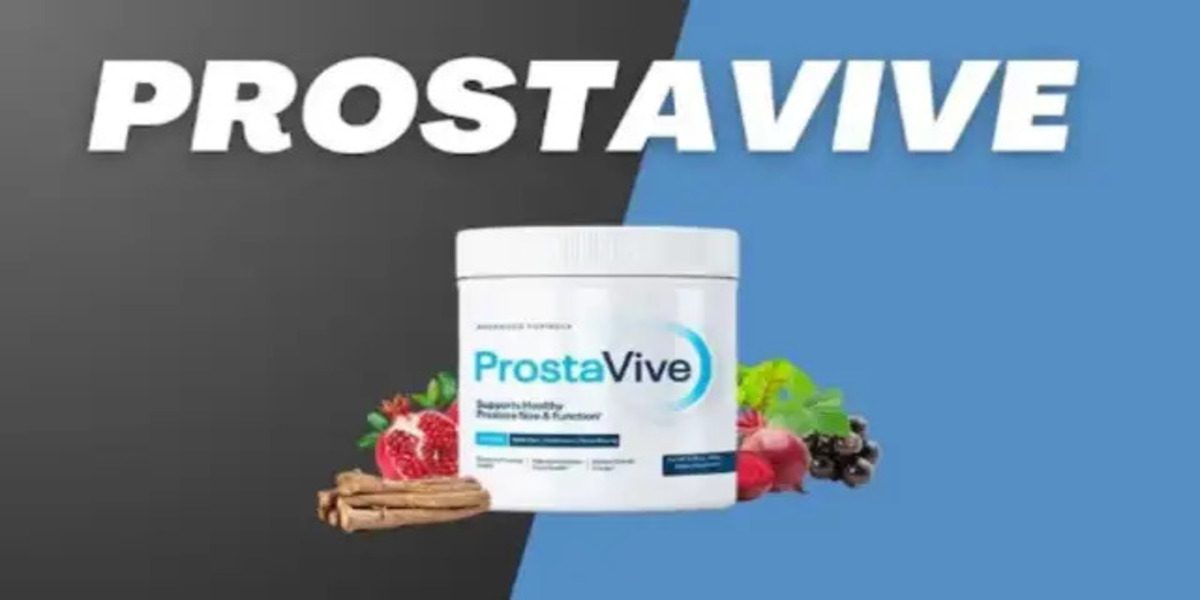Wellhealth how to build muscle tag isn’t just for bodybuilders or athletes—it’s a vital component of overall health and well-being. Whether you’re looking to enhance your physique, boost metabolism, or strengthen your body for better daily function, learning how to build muscle properly is essential. In this guide, we’ll walk through the most effective strategies for gaining muscle while maintaining a healthy lifestyle.
Understanding Wellhealth How To Build Muscle Tag
Muscle growth, or hypertrophy, occurs when your body repairs small tears in muscle fibers that are caused by resistance exercises. These fibers are rebuilt stronger and larger, which leads to muscle growth over time. To facilitate this, your body needs adequate protein, rest, and the right stimulus from strength training. It’s a process that requires patience, consistency, and a balanced approach.
Start with Strength Training
Strength training is the foundation of muscle building. Whether you prefer free weights, machines, or bodyweight exercises, the key is to consistently challenge your muscles. Exercises like squats, deadlifts, bench presses, and pull-ups target multiple muscle groups, promoting overall strength and growth.
Aim for a routine that incorporates compound movements—exercises that work more than one muscle group at a time. This allows for more efficient workouts and faster muscle development. Beginners should start with lighter weights and focus on form before gradually increasing resistance.
Consistency Over Intensity
Building muscle requires consistent effort over time. While it might be tempting to lift as heavy as possible in every workout, overdoing it can lead to injury or burnout. Instead, focus on gradually increasing weight and reps over the weeks. This steady progression ensures sustainable growth without putting too much strain on your body.
Consistency also extends to your workout schedule. Aim to train each muscle group two to three times per week with a rest day in between sessions to allow for muscle recovery.
Importance of Nutrition
Nutrition plays a crucial role in wellhealth how to build muscle tag. To support muscle growth, your body needs enough protein, healthy fats, and carbohydrates. Protein is especially important because it provides the amino acids needed to repair and grow muscle tissue. Good sources of protein include lean meats, eggs, dairy, legumes, and plant-based alternatives like tofu and tempeh.
Carbohydrates fuel your workouts and aid in recovery, while fats support overall health and hormone production. For optimal results, balance your macronutrients and avoid highly processed foods that can hinder muscle growth.
The Role of Protein in Muscle Building
Protein intake is essential for building muscle. Most experts recommend consuming around 1.2 to 2.2 grams of protein per kilogram of body weight, depending on your activity level and goals. Timing is also important—consuming protein-rich meals before and after workouts can optimize muscle repair and growth.
Protein shakes and supplements can help meet your protein goals, especially if you find it difficult to consume enough through food alone. However, whole foods should always be the primary source of your nutrients.
Don’t Forget About Rest and Recovery
wellhealth how to build muscle tag doesn’t happen during your workouts—it happens afterward, during rest and recovery. When you lift weights or perform resistance exercises, you create microtears in your muscle fibers. During rest, your body repairs these fibers, making them stronger.
Aim for at least seven to eight hours of sleep per night, as this is when your body does most of its muscle recovery. Additionally, take one or two days off per week from intense workouts to allow your muscles time to heal.
Hydration is Key
Staying hydrated is often overlooked in muscle-building programs, but it’s crucial for both performance and recovery. Water helps transport nutrients to your muscles, flush out toxins, and regulate body temperature during workouts.
Make sure to drink plenty of water throughout the day, especially before, during, and after exercise. If you’re engaging in particularly strenuous workouts, consider adding electrolytes to your hydration routine to replenish the minerals lost through sweat.
The Importance of Progressive Overload
Progressive overload is the principle of continually increasing the demands placed on your muscles in order to make them grow. This can be done by gradually adding more weight, increasing the number of reps, or improving the intensity of your exercises. Without progressive overload, your muscles will adapt to the current workload, leading to a plateau in growth.
The key to successful progressive overload is to make small, incremental increases in your training. This prevents overexertion while still pushing your muscles to grow.
Tracking Your Progress
Tracking your progress is a great way to stay motivated and make adjustments as needed. You can track your workouts by recording the weights lifted, reps performed, and sets completed. Over time, you should see an increase in all three, indicating that you’re building muscle.
Additionally, take note of other changes such as improvements in strength, endurance, and physical appearance. Progress photos can be a useful tool for visualizing muscle growth over time.
Supplement Wisely
While supplements aren’t necessary for wellhealth how to build muscle tag, they can be helpful in certain situations. Protein powder, creatine, and branched-chain amino acids (BCAAs) are some of the most popular options. However, it’s important to remember that supplements should complement a well-balanced diet, not replace it.
Always consult with a healthcare professional before adding any supplements to your routine, especially if you have any underlying health conditions.
Stay Patient and Focused
Building muscle takes time, and it’s important to stay patient throughout the process. Results won’t happen overnight, but with consistency and dedication, you will see progress. Avoid comparing yourself to others, as everyone’s body responds to exercise differently.
Celebrate small victories along the way, whether it’s lifting more weight, performing more reps, or simply feeling stronger and more confident in your body.
Common Mistakes to Avoid
There are several common mistakes people make when trying to build muscle. Overtraining, neglecting proper nutrition, and skipping rest days are some of the biggest pitfalls. It’s also easy to fall into the trap of focusing too much on isolation exercises (like bicep curls) instead of compound movements that build overall strength.
By following a balanced, well-rounded approach, you can avoid these mistakes and set yourself up for long-term success.
Benefits of Building Muscle
Building muscle isn’t just about aesthetics. Increased muscle mass can boost your metabolism, improve joint health, and enhance your overall strength and mobility. It also supports better posture and can help prevent injuries, especially as you age.
Additionally, muscle building promotes mental well-being. The discipline and dedication required for regular strength training can improve mood, reduce stress, and boost self-confidence.
Conclusion
wellhealth how to build muscle tag is a journey that requires time, effort, and patience. By following the key principles of strength training, proper nutrition, adequate rest, and progressive overload, you can set yourself on the path to lasting muscle growth and improved health. Remember, the most important thing is to stay consistent, listen to your body, and celebrate every small step toward your goal.
Frequently Asked Questions
How long does it take to build noticeable muscle?
On average, noticeable wellhealth how to build muscle tag growth can take around 8-12 weeks with consistent training and proper nutrition.
Do I need supplements to build muscle?
Supplements are not necessary, but they can help meet nutritional needs, especially protein. Whole foods should be your main source of nutrients.
Can I build muscle without lifting weights?
Yes, bodyweight exercises like push-ups, squats, and pull-ups can build muscle, but adding resistance over time will yield faster results.
How much protein do I need to build muscle?
Most experts recommend 1.2 to 2.2 grams of protein per kilogram of body weight, depending on your activity level.
Should I train every day to build muscle?
No, your muscles need time to recover. Aim for 2-3 sessions per week per muscle group, with rest days in between.











